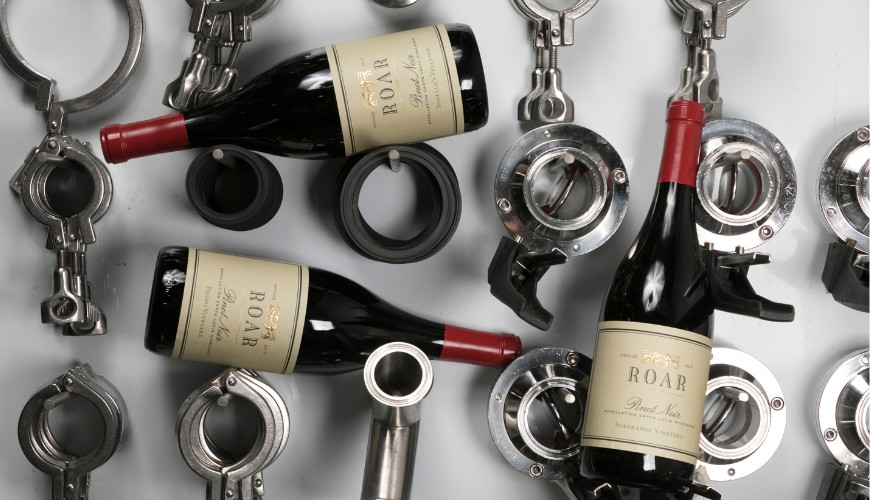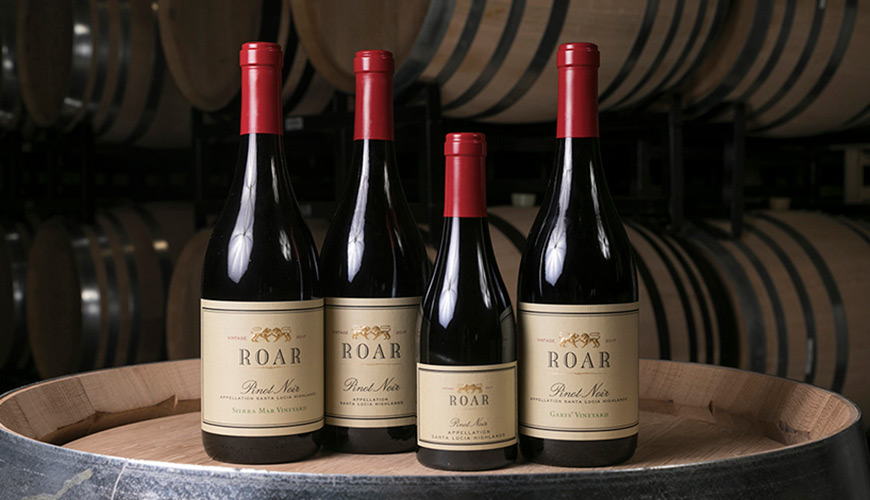What part of your day-to-day work gives you the most satisfaction?
Adam: Talking with others and constantly learning something new about farming. Growing wine grapes is as much an art as it is a science, and there's always more to discover. I especially enjoy learning from people like our dad, Gary, who’s been farming for over 45 years—he’s seen just about everything. There’s real satisfaction in adding to that collective knowledge day by day, like we’re building a dam of wisdom to help sustain these incredible vines for generations to come.
Nick: The most satisfaction comes from getting on the phone with my brother and dad to start the day. There’s always something to share, it surprises me. We’re all motivated to make things work together and that is a satisfying feeling.
Is there a ROAR wine, vineyard block, or vintage that feels especially personal to you? Why?
Adam: I’d say the 2011 Rosella’s Vineyard Pinot Noir is especially meaningful to me. I’ve always loved wines that can age well, and the 2011s really stood out as an ageable vintage. Rosella’s is particularly close to my heart because it’s the vineyard I grew up on, and Pinot Noir happens to be one of my favorite varietals. When you have a great site, a great grape, and a vintage that comes together just right, it’s something truly special.
Nick: Rosella’s Vineyard Pinot Noir without a doubt. It’s the vineyard that I grew up on and the very first planting in my dad’s winegrowing career. I’ve been tied to that land since birth and know the property inside out. I’m a little biased, but I believe it makes the most compelling, extravagant wine in our appellation.
How do you balance tradition and innovation in your role today?
Adam: I think it comes down to doing what’s best for the life of the plant. In our family, there’s very little ego, maybe some stubbornness, but no ego. When it comes to making decisions, we always ask what’s best for the vines, the land, and the next generation. Innovation is important, especially in today’s changing climate, because it helps improve efficiency and sustainability. But tradition and past experience are just as valuable, they’re the foundation for our curiosity and progress.
What do you hope the next generation learns from your work?
Adam: I hope the next generation learns our family’s work ethic and passion for farming and winemaking. You can’t cut corners when you’re making premium wine. Every decision matters. Above all, you have to do what’s best for the wine, every step of the way.
Nick: I hope the next generation understands the manual labor and energy that goes into everything we do. There is a lot of hard work to be done and getting hands dirty is where it all starts. If they learn how to work hard, then the rest will be easy.
What do you enjoy most about working with your sibling, and how do your strengths complement each other?
Adam: What I enjoy most about working with my brother is having a counterpart my age to talk to. Being in a family business comes with its challenges, and having someone I trust deeply makes a big difference. In terms of how our strengths complement each other, I tend to be a bit more conservative by nature, while Nick is more aggressive. I think that contrast helps balance our decision-making and leads to stronger outcomes overall.
Nick: We are both lucky to have each other in this operation. There is so much work to be done between farming, winemaking and business, I always wonder how my dad was able to do so much of that on his own. Perhaps the best thing is that we have a shared vision for how to run things and very rarely conflict in our path forward, so that is a fortunate partnership to have. Even if we are wrong, we know we did it with our best intentions and under mutual agreement. There is nothing wrong about that.




